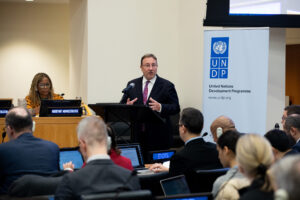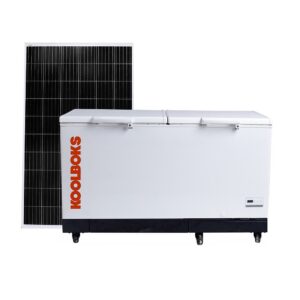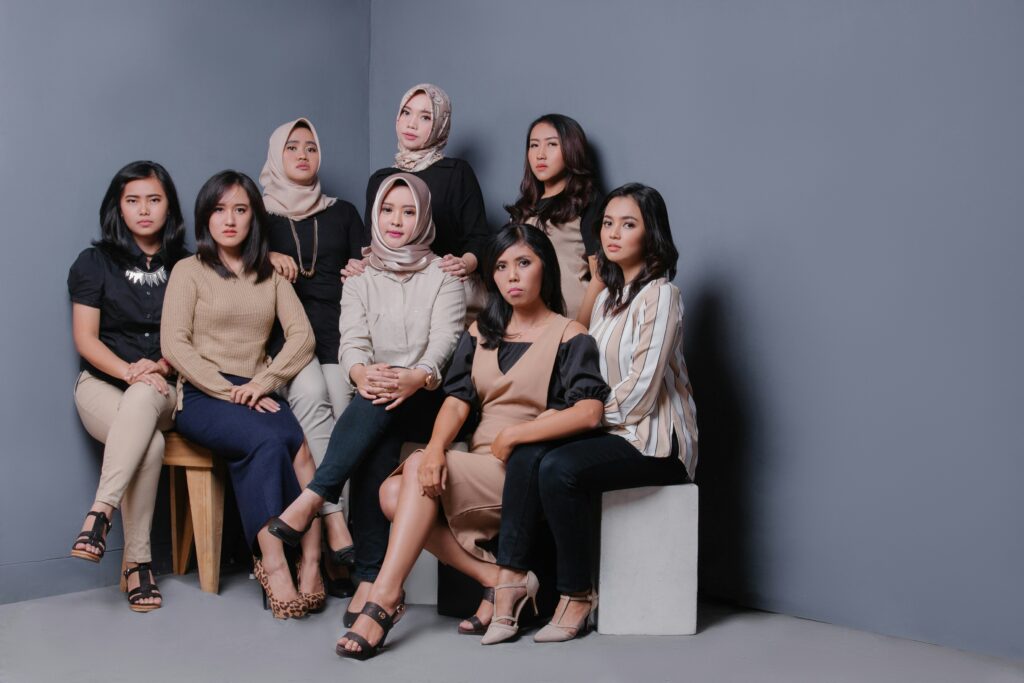How a pivot from lifestyle products to life-saving infrastructure reveals the overlooked power of Africa’s unserved markets
The Story
Koolboks, the Nigeria- and France-based cleantech startup, has secured $11 million in Series A funding in a financing structure that perfectly embodies modern impact investing: equity from KawiSafi Ventures, Aruwa Capital, and All On, supplemented by debt from bpifrance and the French Facility for Global Environment, plus grants from Innovate UK and the Shell Foundation. This brings the company’s total funding to $15.4 million since its founding by Ayoola Dominic and Deborah Gael in 2018.
The tale of Koolboks began as many Silicon Valley narratives do: with a product nobody particularly needed. The duo initially manufactured premium camping coolers for European consumers, complete with LED bulbs, USB ports, and speakers—the sort of lifestyle accessories that populate crowdfunding campaigns. Yet the pandemic brought clarity that many startups spend years seeking. The company has since deployed over 10,000 solar-powered freezers across 25 countries, with Nigeria representing its largest market.
The transformation was profound. Where once Koolboks served European campers seeking convenience, it now addresses African traders battling survival economics. The average fish trader in Nigeria loses 30 per cent of their product daily due to lack of affordable, reliable refrigeration. The company’s solar-powered refrigerators, equipped with lithium batteries and Internet of Things capabilities, can operate for hours without grid connection—a crucial advantage where 600 million Africans lack energy access.
The Context
Africa’s energy deficit represents one of the continent’s most pressing development challenges, with economic implications that extend far beyond inconvenience. In Sub-Saharan Africa’s largest economies including Nigeria, Angola, and Ghana, more than 25% of businesses lose double-digit sales due to power outages, with some firms averaging losses of 31%. The economic cost of power shortages can amount to more than 2 percent of gross domestic product.
For small enterprises—the backbone of African economies—this translates into an existential struggle. Traditional alternatives prove costly and inadequate: diesel generators demand continuous fuel purchases at volatile prices, while solar solutions require prohibitive upfront investments. Solar refrigeration represents a potential solution, but up-front costs are prohibitive, and fish traders with no assets remain ineligible for most loans.
Koolboks addresses this financing gap through pay-as-you-go models starting at $10 monthly, making refrigeration accessible to previously unserved segments. The company’s IoT-enabled monitoring allows remote oversight of temperature, usage patterns, and maintenance needs—enabling one engineer to oversee 30 units across multiple countries. This technological infrastructure transforms what was once a capital-intensive purchase into a service subscription, fundamentally altering the economics of cold storage for African small businesses.
The Intelligence
The Koolboks story illuminates several strategic insights for venture capitalists and entrepreneurs targeting frontier markets. First, the pivot from want-markets to need-markets often reveals the path to sustainable scale. While European camping enthusiasts represented a lifestyle enhancement opportunity, African traders face a survival imperative that creates far stronger customer retention and payment discipline.
Second, the financing structure demonstrates how impact ventures can access diverse capital sources. By combining equity, debt, and grant funding, Koolboks reduced dilution while accessing patient capital aligned with its development mission. This hybrid approach may become increasingly relevant as ESG mandates drive institutional capital toward measurable impact outcomes.
Third, the Internet of Things creates new possibilities for asset-light expansion in emerging markets. Rather than requiring extensive local infrastructure, Koolboks can remotely monitor and maintain distributed assets, dramatically improving unit economics compared to traditional service models. The company’s sub-3% portfolio at risk—equivalent to non-performing loans—suggests that essential infrastructure services may offer superior credit profiles compared to consumer lending in the same markets.
For founders, the Koolboks trajectory underscores the importance of market feedback over initial product-market assumptions. The company’s willingness to strip away lifestyle features and focus on functional necessities enabled access to a far larger addressable market. With operations across 25 countries and Nigeria generating 60% of revenues, the company achieved geographic diversification that insulates against single-country political or economic risks.
The Bridge
For VCs Reading This: “If you missed this round, consider five parallel opportunities:
- SunCulture Kenya – Recently raised $27.5 million Series B in April 2024, targeting West Africa expansion; similar solar-agriculture model with demonstrated productivity increases for smallholder farmers
- Bboxx – Established pay-as-you-go solar player with $50 million Series D led by Mitsubishi, seeking expansion capital; proven model with stronger brand recognition than emerging competitors
- Keep IT Cool Kenya – Recently won £1 million Earthshot Prize and secured Acumen investment; Google-backed cold storage platform serving East African fisherfolk with proximity-based solutions
- Arnergy Nigeria – Secured $3 million expansion funding in February 2024, following $9 million Series A in 2019; established solar solutions provider seeking growth capital
- Earthbond Nigeria – October 2024 partnership with Madica for solar energy expansion to SMEs; early-stage cleantech targeting underserved commercial segment”
US VCs Active in This Space: “- Techstars – Among most active Q3 2024 investors globally, with established African presence through acceleration programs
- Andreessen Horowitz – Ranked first globally by assets under management ($46 billion), increasingly active in emerging markets through AI and infrastructure plays
- Equator – Recently closed $55 million dedicated African climate tech fund targeting seed and Series A rounds; average cheque size $2-5 million”
For Founders Reading This: “Key takeaways for your next raise:
- Emphasise IoT monitoring capabilities – investors now expect remote asset management as table stakes
- Show clear path to capturing cleantech’s 39% share of African debt capital – $605 million available through specialised vehicles
- Localisation narrative adds valuation premium – Koolboks’ Nigerian assembly plant signals infrastructure sovereignty trend
- Target Kenya’s $638 million startup ecosystem – shifting focus from fintech to climate-tech creates opportunity gaps
- Sub-3% portfolio risk becomes competitive advantage – highlight superior credit metrics compared to consumer lending in same markets”
The refrigeration-as-a-service model validates infrastructure-as-a-service potential across power-constrained markets, suggesting similar opportunities in agricultural processing, water purification, and transport assets where financing gaps exceed $2 billion annually across sub-Saharan Africa.








